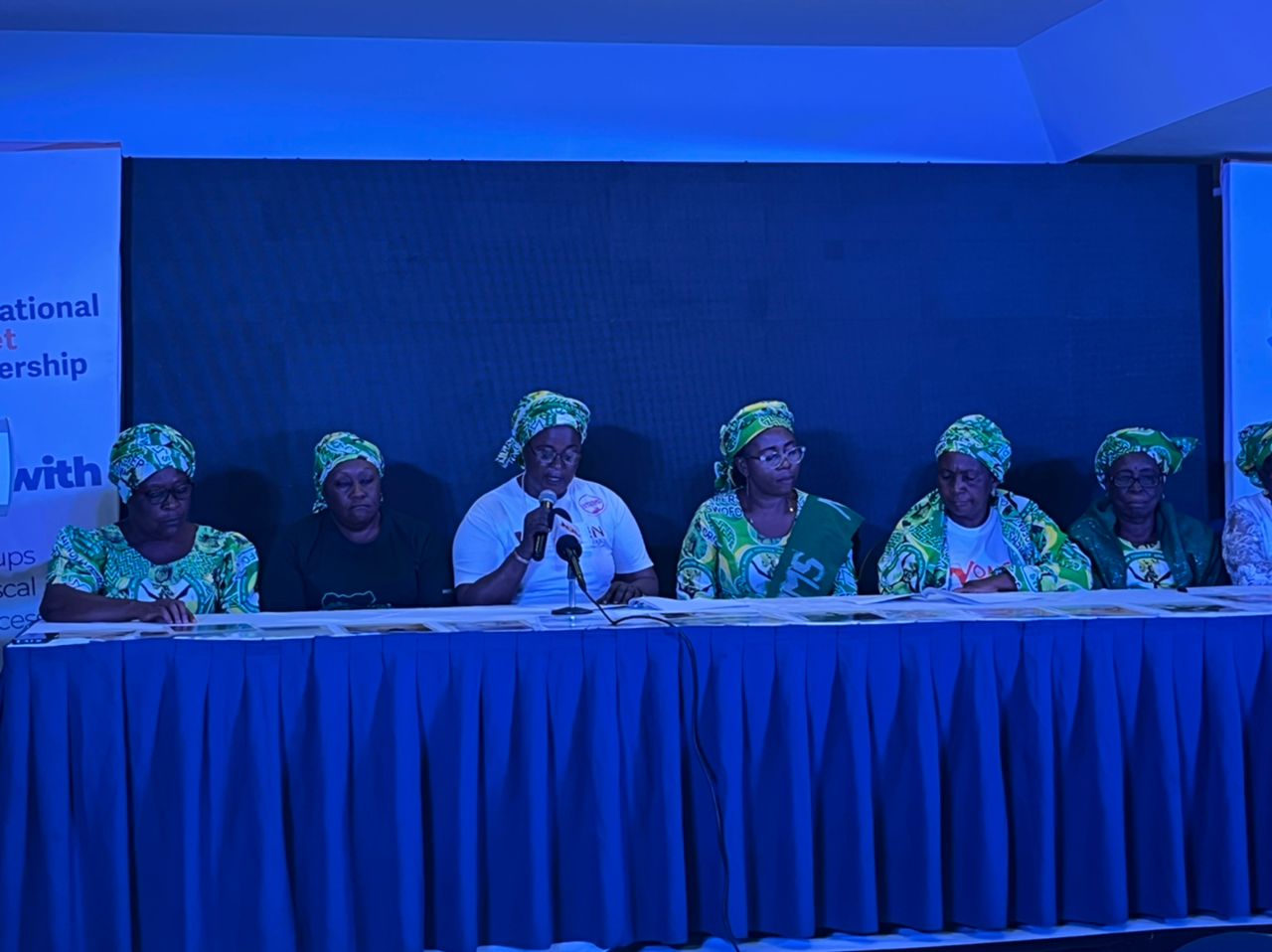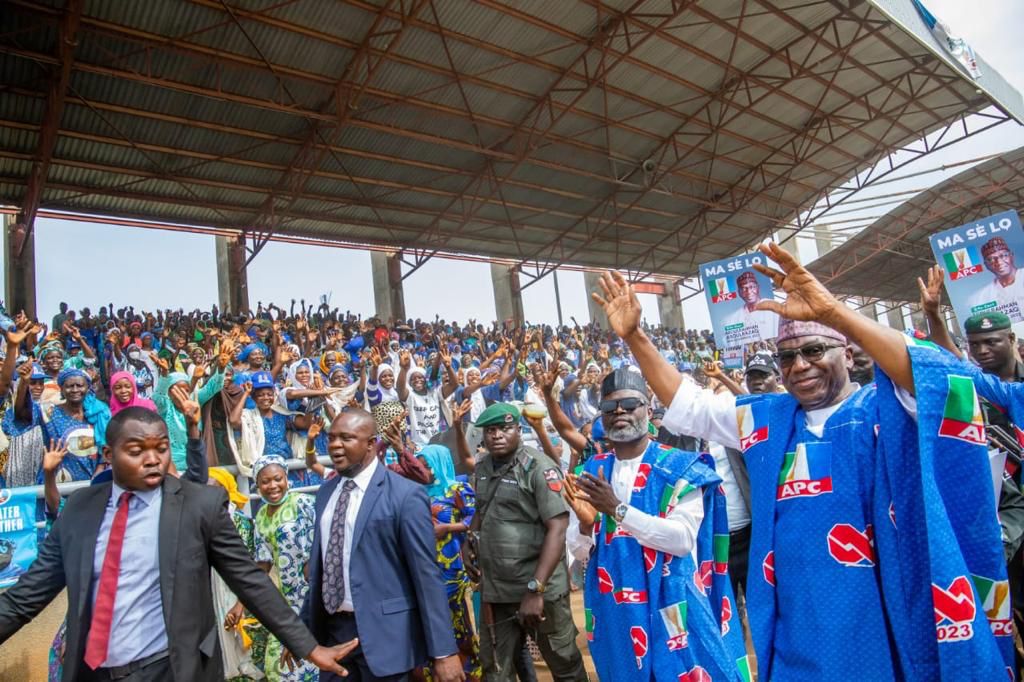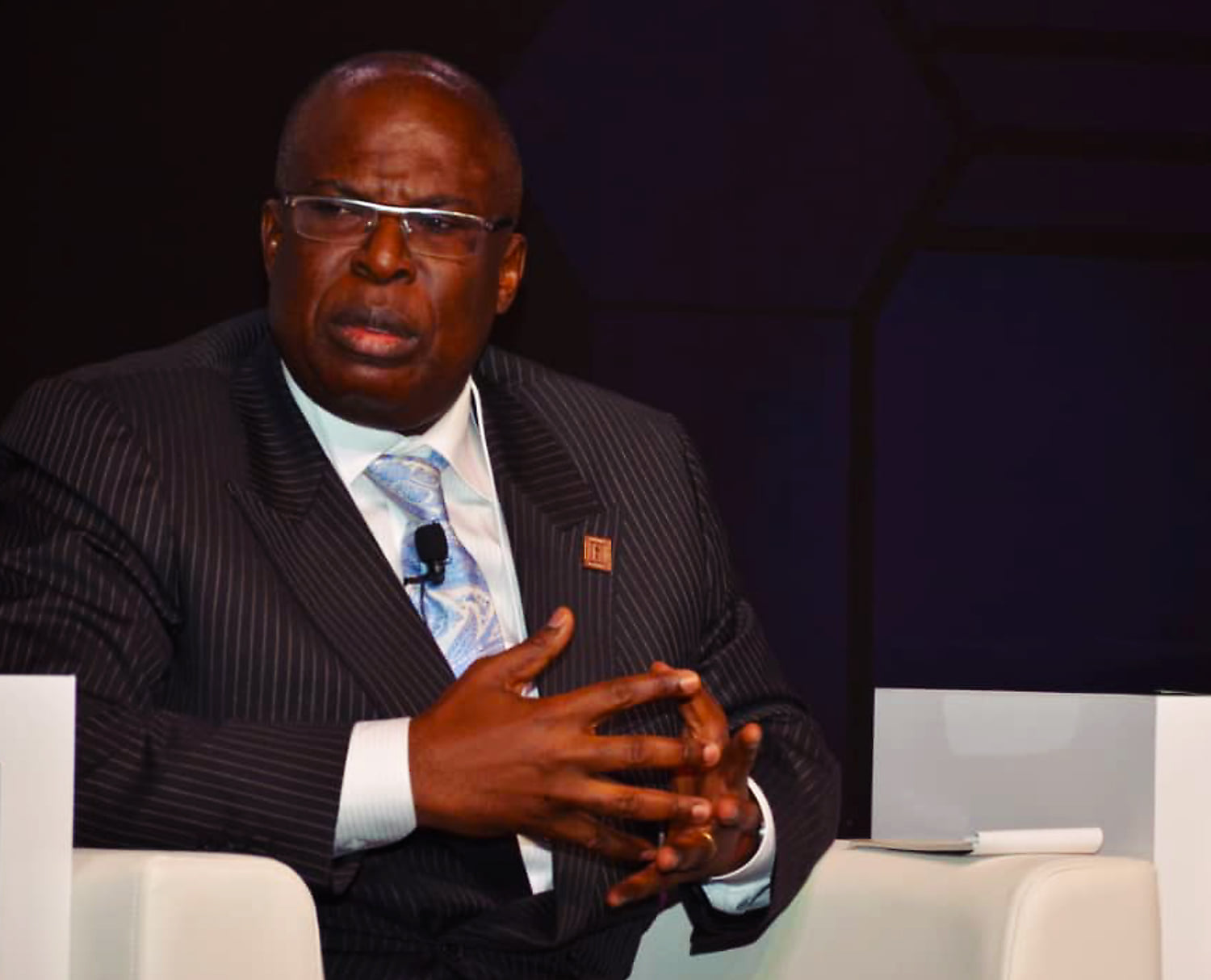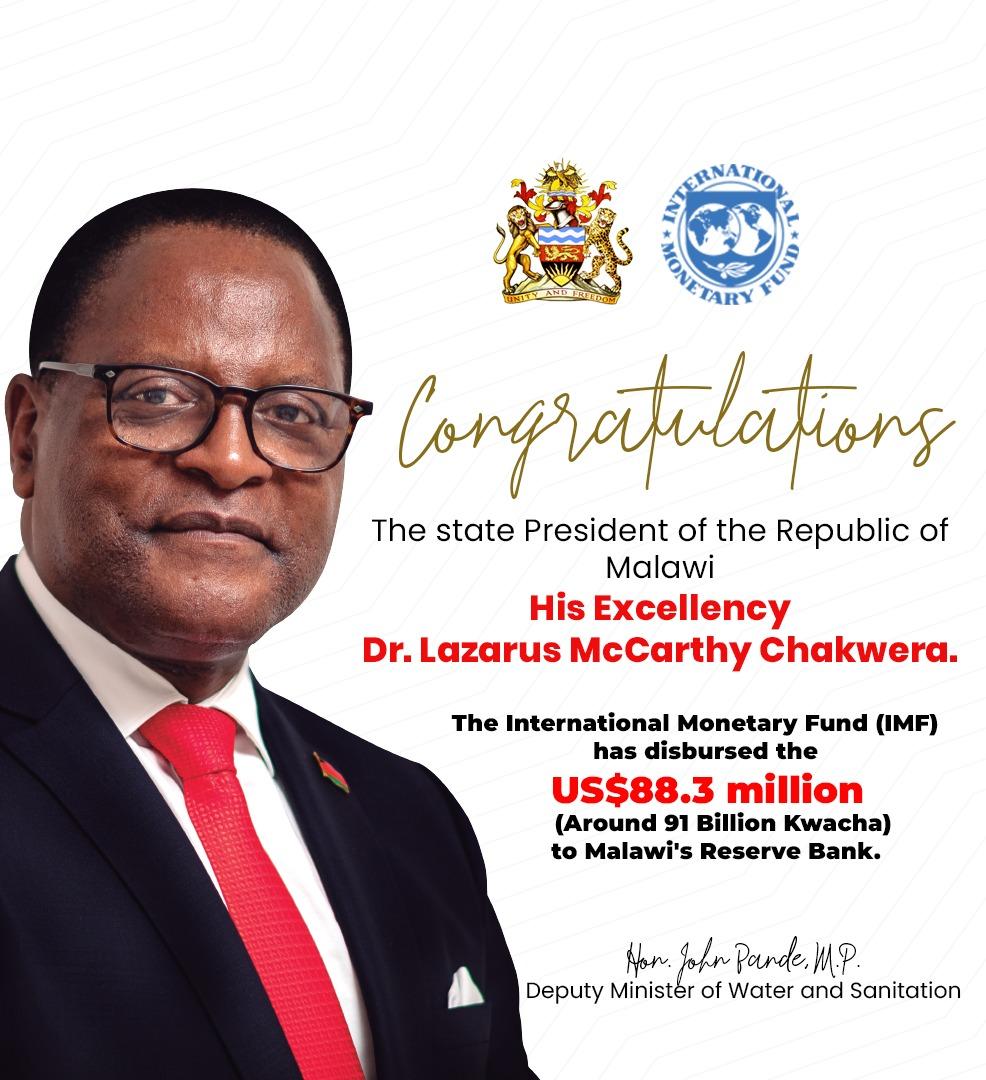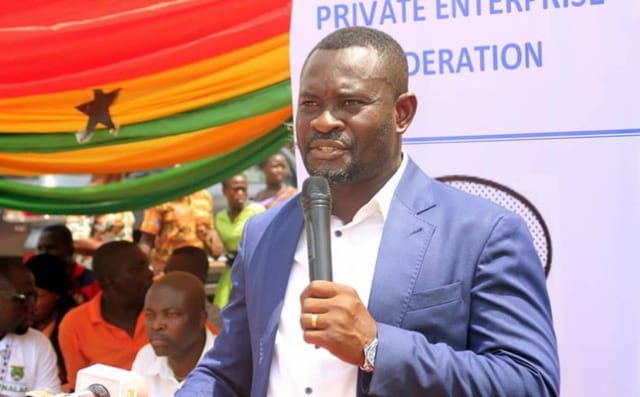The Smallholder Women Farmers Organisation in Nigeria (SWOFON) says they have reasons to suspect that some persons are taking advantage of the naira redesign to launder money through agriculture.
SWOFON said this on Thursday at a media briefing organised by the International Budget Partnership (IBP), on its strengthening public accountability for results and knowledge (SPARK) programme.
According to SWOFON, there has been a sudden increase in the number of persons who have indicated interest in buying agricultural produce from women farmers even before harvest season.
“We want to seize this opportunity to call the attention of the federal government to recent developments on its decision to redesign the naira,” Mary Afan, the group’s national president, said.
Advertisement
“Our women farmers are recording an increase in the purchase of their farm produce before they are matured.
“We are noticing that there is an increased number of agricultural middlemen who are going into rural communities that cultivate tree crops such as cashew and oil palms, to pay for the harvest of such crops even before they are harvested.
“We suspect that these tactics by the middlemen is a way of pushing stolen and hoarded monies into the hands of our farmers who then take these monies to the banks for deposit.
Advertisement
“We, hereby, call on all relevant government agencies to swing into action in this regard so that our vulnerable women farmers will not continually fall prey in the hands of exploitative middlemen.”
Speaking further, she said the recent flooding in the country has led to the loss of livelihoods of many women, many of whom have lost the courage to start again.
She called on the government to scale up interventions to meet the needs of the farmers so as to ensure food is available for Nigerians, adding that women make up 60 percent of the agricultural labour force in the country.
“Words cannot express the gravity of the losses. These losses have brought about psychological trauma on our women farmers, many of who took loans, rented lands, hired equipment and are now unable to repay their debts,” Afan said.
Advertisement
“As a matter of urgency, we ask the government to begin to distribute improved seeds and seedlings to our members, procure farm input and equipment especially fertilisers and water pumps, and create an intervention fund to cushion the suffering of women farmers.”
On her part, Imaobong Akpan, IBP’s senior programme officer, said the organisation’s SPARK project is committed to working with grassroots movements like SWOFON directly affected by service delivery failure.
“We started SPARK in 2018 and when we set out to work with community groups who were already agitating around their own issues, we identified groups that were working on primary health care and agriculture and we wanted to get them into budget decision making spaces so that they can tell their own stories,” she said.
“Some key successes we’ve seen is that spaces are opening for women farmers to be involved in budget decision making, like a member of SWOFON who is on the committee tasked to implement national policy on gender in agriculture.”
Advertisement
She said the skills learnt from the programme would help the women farmers to advocate for their rights in the agricultural sector, and complement efforts to provide opportunities for women in other domains as well.
Advertisement
Add a comment
